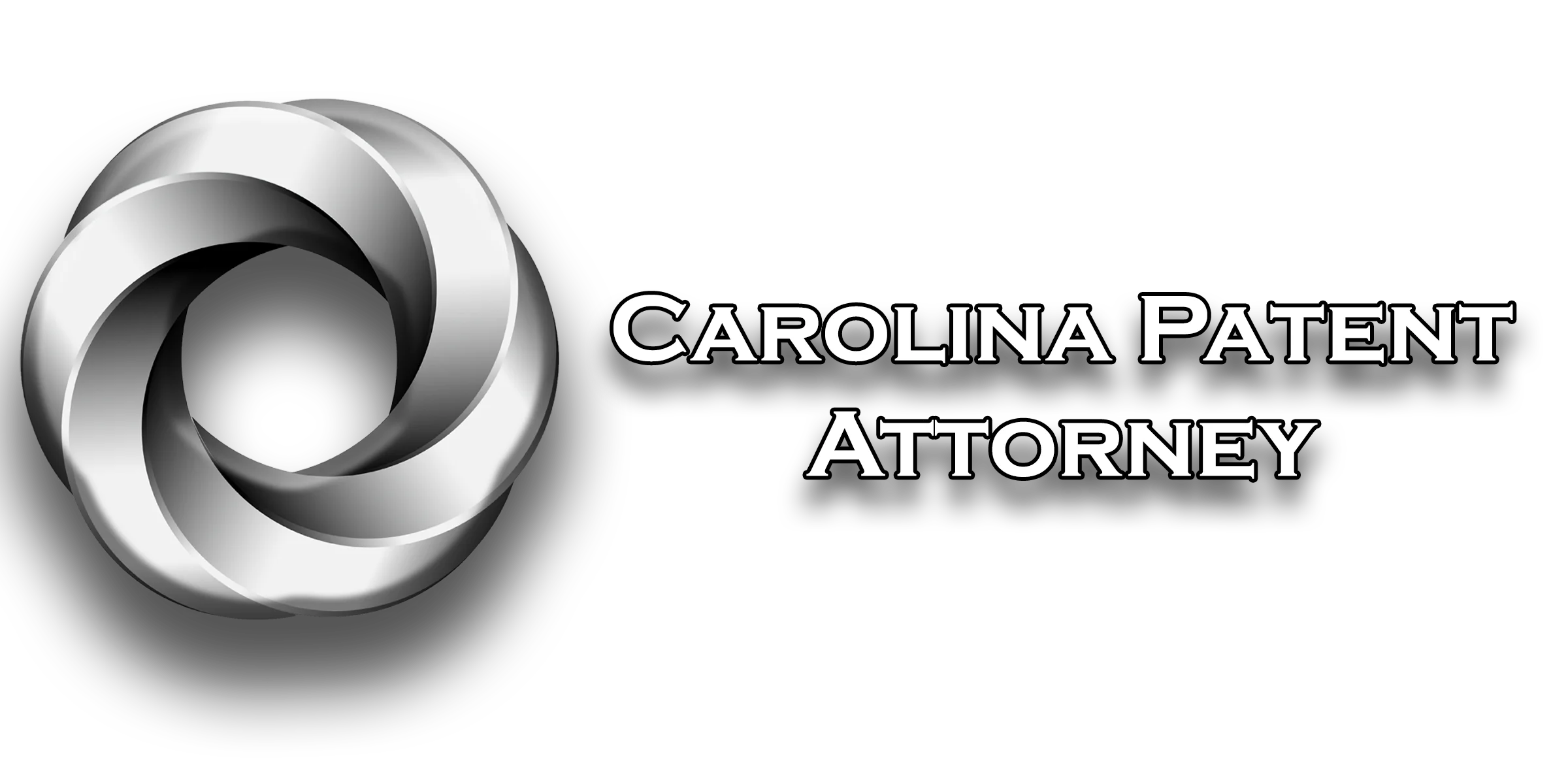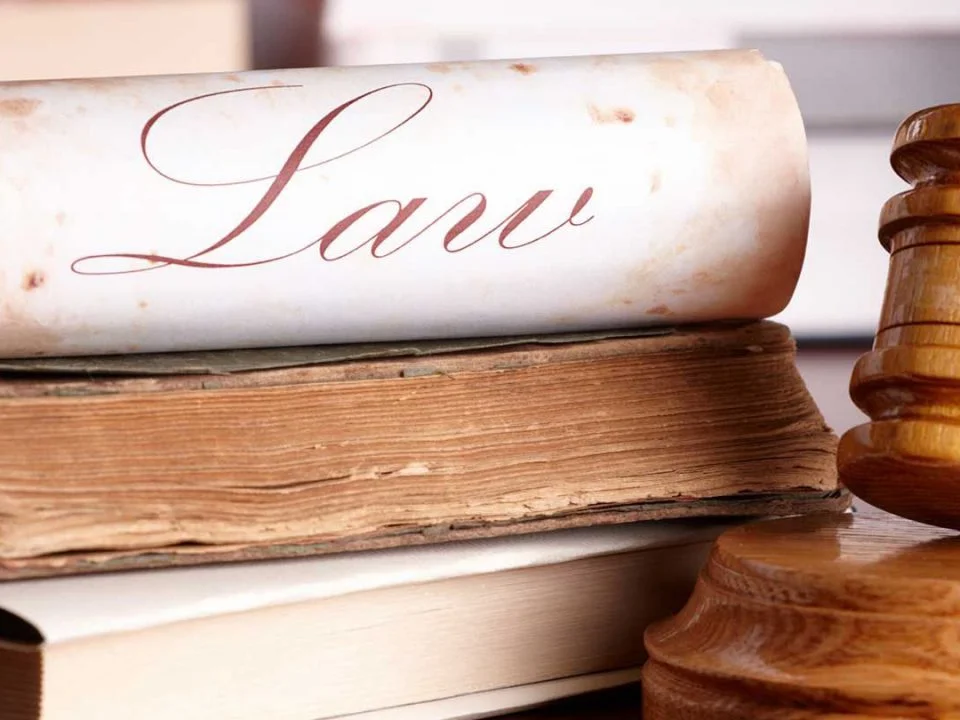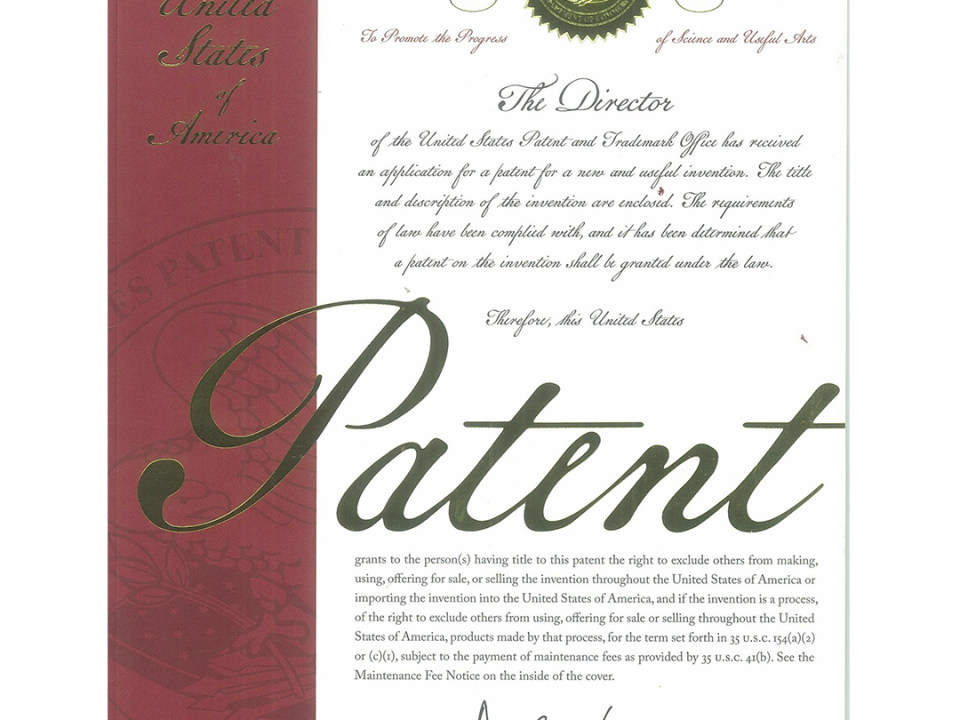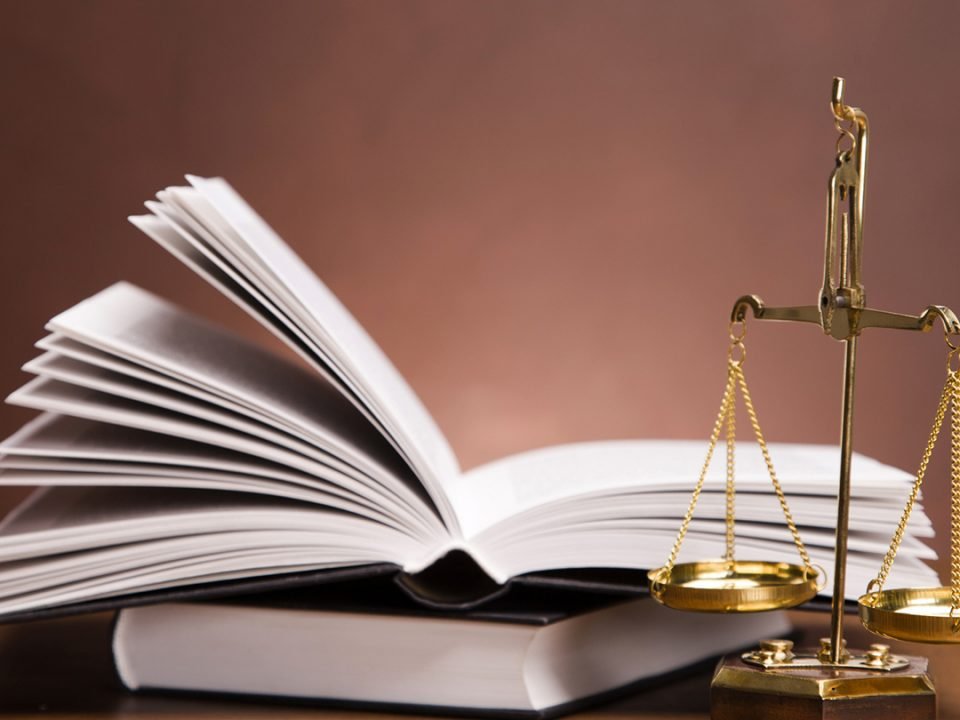Unfortunate Decision for US Inventors in Oil States Energy Services, LLC v. Greene’s Energy Group, LLC
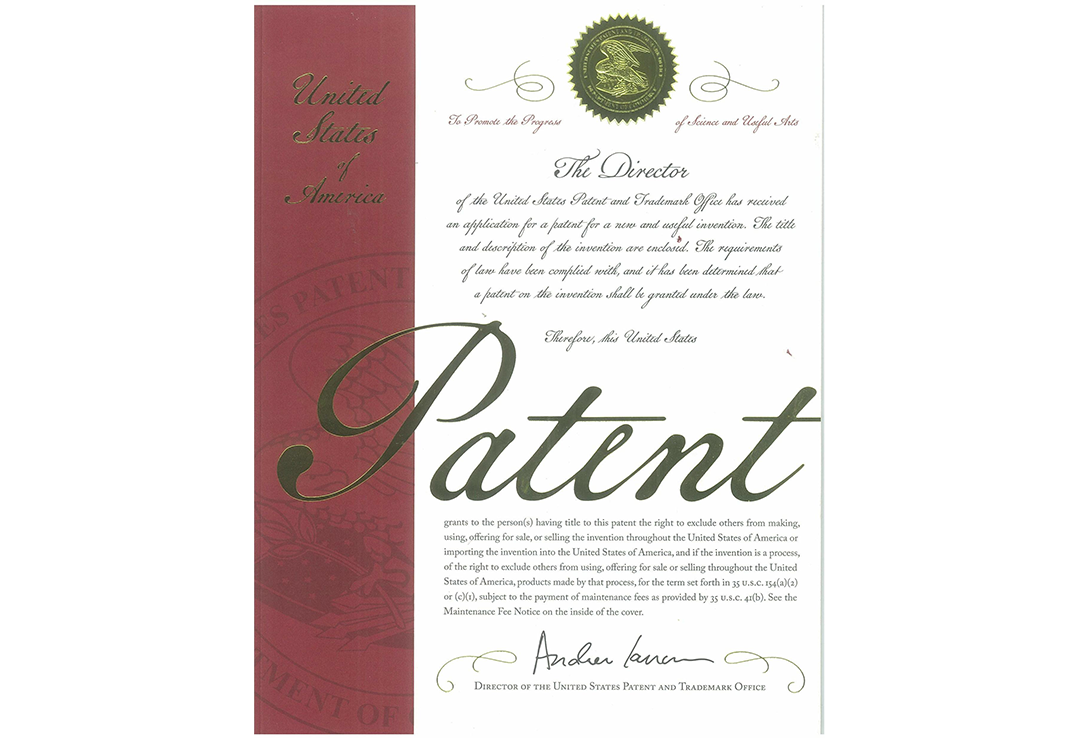
The Supreme Court recently decided in Oil States Energy Services, LLC v. Greene’s Energy Group, LLC that the 230-year old US patent system does not grant private property rights subject to judicial oversight. Instead, the Court held that patents are “public rights” derived from and at the mercy of statutory regulation. In other words, bureaucrats giveth and bureaucrats can taketh away through inter partes review (IPR) under the 7-year old America Invents Act signed into law by President Obama.
In a bizarre conclusion that could have been left unstated, the non-patent attorney Justices held that IPR merely involves “reconsideration of the Government’s decision to grant a public franchise.” A franchise? Really? Had the Court simply said the IPR system was constitutional, that would have been bad, but to re-characterize patents as “government franchises” misapprehends the entire point of our centuries-old patent system and knocks out a load-bearing beam.
If patents are not property but are merely “government franchise rights” that bureaucrats can rescind at anytime, patents lack the finality that business requires.* You would probably think twice about buying an acre of land for your home if you believed that a county bureaucrat could decide that you really don’t own the “property” a few years later, wouldn’t you?
There is Still Hope for Patents:
A silver lining from Oil States is that the Supreme Court tried to limit the damage of their decision to say that it only narrowly addressed “the precise constitutional challenges that Oil States raised.” The Court expressly left open the door to finding that IPR proceedings may still be held unconstitutional in that IPR may still violate due process. Specifically, the Court stated that its decision should not be misconstrued as holding that patents are not property for purposes of the Due Process Clause or the Taking Clause.
Huh? How are patents not private property for IPR but property for due process?
Fallout of the Oil States Decision:
I suspect that Oil States will lead many innovators to begin investing in other stronger national patent systems to protect their inventions in those countries but turn more and more to trade secrets in the United States. Driving innovation into the shadows will ultimately put the U.S. at a competitive disadvantage and harm the economy unless Congress corrects the Oil States travesty. And even if a new law eventually does away with IPR, Congress must correct the grave error that patents are not private property rights if the United States wants to again be the world leader in innovation.
*As an aside, it is a puzzle as to why we still have an expensive, lengthy patent examination process to receive a supposedly vigorously examined patent if only to have what amounts to a panel of Super Patent Examiners in the guise of an IPR board overturn the original examination. Why not perfunctorily issue a “patent” when the right forms are filled in and fee paid? If someone later wants to avoid paying a license fee to use the patent “franchise”, they just challenge the patent after the fact (i.e., institute IPR examination). That sure would save everyone time and money.

Intellectual property form

